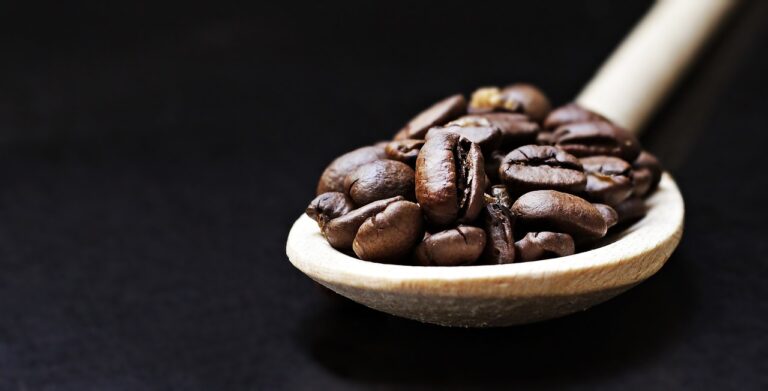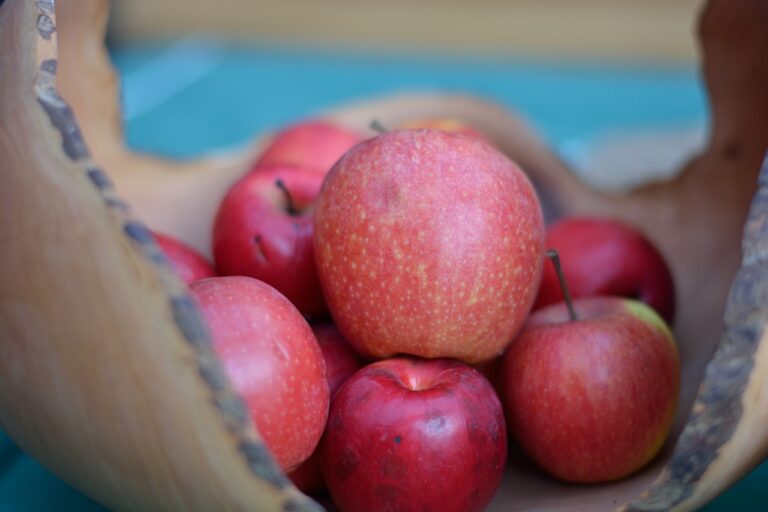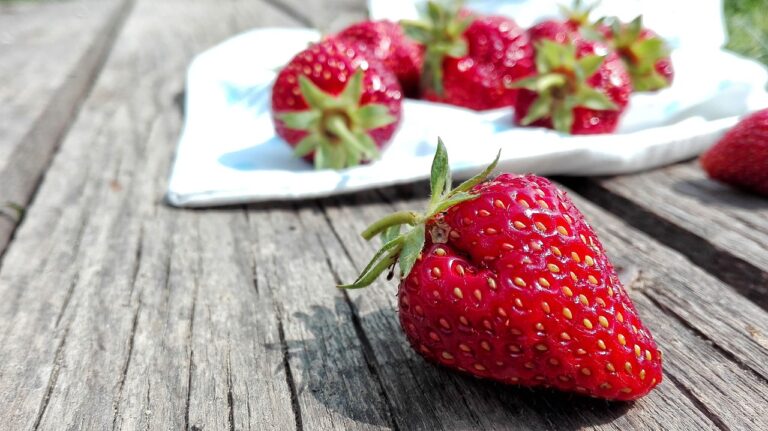The Role of Bees in Water Conservation: 11xplay reddy login, Laser247, Skyinplay exchange
11xplay reddy login, laser247, skyinplay exchange: The Role of Bees in Water Conservation
Bees are tiny creatures with a massive impact on our ecosystem. While most people know them for their role in pollination and honey production, bees also play a crucial role in water conservation. In this article, we will explore how bees help conserve water and why their preservation is essential for our planet’s sustainability.
Why Bees Matter for Water Conservation
Bees are incredible pollinators, responsible for the pollination of over 75% of flowering plants worldwide. This process is essential for the reproduction of plants, including many crops that humans rely on for food. Without bees, many plants would not be able to produce fruits and seeds, leading to a decline in biodiversity and food production.
But how does pollination relate to water conservation? Well, plants play a critical role in the water cycle. They absorb water from the soil and release it into the atmosphere through a process called transpiration. This moisture eventually condenses into clouds and falls back to the Earth as precipitation, replenishing our water sources.
Without bees to pollinate plants, many species would die out, disrupting the balance of the ecosystem. This would not only lead to a loss of biodiversity but also impact the water cycle, potentially causing changes in rainfall patterns and water availability.
How Bees Help Conserve Water
Bees play a direct role in water conservation through their pollination activities. By ensuring the reproduction of plants, bees help maintain healthy ecosystems that support water resources. Here are some ways bees contribute to water conservation:
1. Plant Diversity: Bees pollinate a wide variety of plant species, promoting biodiversity in ecosystems. This diversity helps stabilize local water cycles by ensuring that different plants are available to absorb and release moisture into the atmosphere.
2. Soil Health: Bees contribute to soil health by pollinating plants that help prevent erosion and improve soil structure. Healthy soil is crucial for water retention and filtration, reducing the risk of water pollution and supporting groundwater recharge.
3. Wetland Restoration: Bees play a vital role in pollinating wetland plants, such as water lilies and cattails. These plants help purify water by filtering out pollutants and excess nutrients, improving water quality in lakes, rivers, and streams.
4. Sustainable Agriculture: Bees are essential for the pollination of many crops, including fruits, vegetables, and nuts. By supporting crop yields, bees help reduce the pressure on natural water sources for irrigation, promoting more sustainable farming practices.
The Importance of Bee Conservation
Despite their critical role in water conservation and ecosystem health, bees are facing numerous threats that jeopardize their survival. Habitat loss, pesticide exposure, climate change, and diseases are some of the factors contributing to bee population declines worldwide.
Conserving bees is not just about protecting a single species but safeguarding the entire ecosystem and the services it provides to humans. By taking action to support bee populations, we can help ensure water resources remain healthy and sustainable for future generations.
How You Can Help Bees and Water Conservation
You may be wondering how you can contribute to bee conservation and water conservation in your everyday life. Here are some simple actions you can take to make a difference:
1. Plant bee-friendly gardens: Create a bee-friendly habitat in your backyard by planting native flowers, shrubs, and trees that attract bees and provide food sources throughout the year.
2. Avoid pesticides: Reduce the use of chemical pesticides and herbicides in your garden and choose organic alternatives to protect bees and other pollinators from harmful toxins.
3. Support local beekeepers: Buy honey and other bee products from local beekeepers who practice sustainable beekeeping methods and support bee welfare.
4. Educate others: Raise awareness about the importance of bees and their role in water conservation by sharing information with your friends, family, and community.
FAQs
Q: How do bees contribute to water purification?
A: Bees pollinate plants that help filter pollutants and excess nutrients from water, improving water quality in natural ecosystems.
Q: What can I do to attract bees to my garden?
A: Plant a diverse array of flowers and plants that provide bees with nectar and pollen throughout the year, and avoid using pesticides that harm bee populations.
Q: How do bees help maintain soil health?
A: Bees pollinate plants that prevent soil erosion, improve soil structure, and promote nutrient cycling, enhancing the capacity of soil to retain water and support plant growth.
Q: What are the biggest threats to bee populations?
A: Habitat loss, pesticide exposure, climate change, and diseases are some of the key factors contributing to bee population declines worldwide.
Q: How can I support bee conservation efforts?
A: You can support bee conservation by creating bee-friendly habitats in your garden, avoiding the use of pesticides, buying local honey, and educating others about the importance of bees in ecosystem health and water conservation.
In conclusion, bees play a vital role in water conservation through their pollination activities and support of healthy ecosystems. By taking action to protect bees and their habitats, we can ensure that water resources remain sustainable for future generations. So next time you see a busy bee buzzing around your garden, remember the crucial role it plays in conserving water and preserving our planet’s biodiversity.







